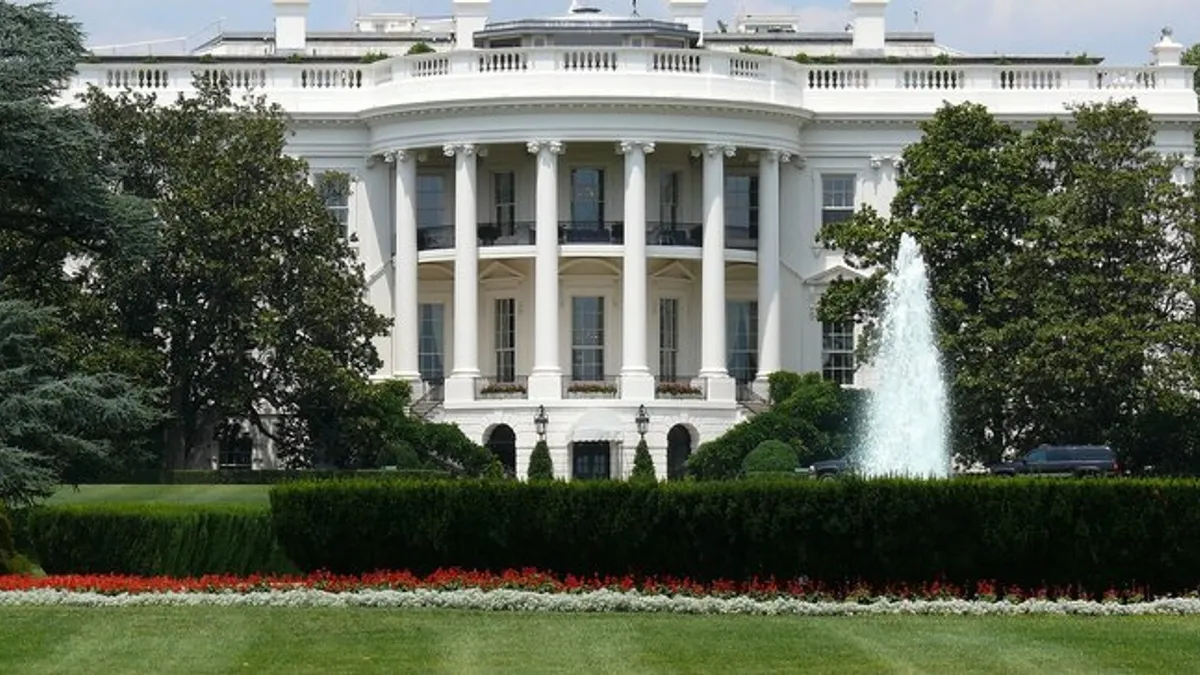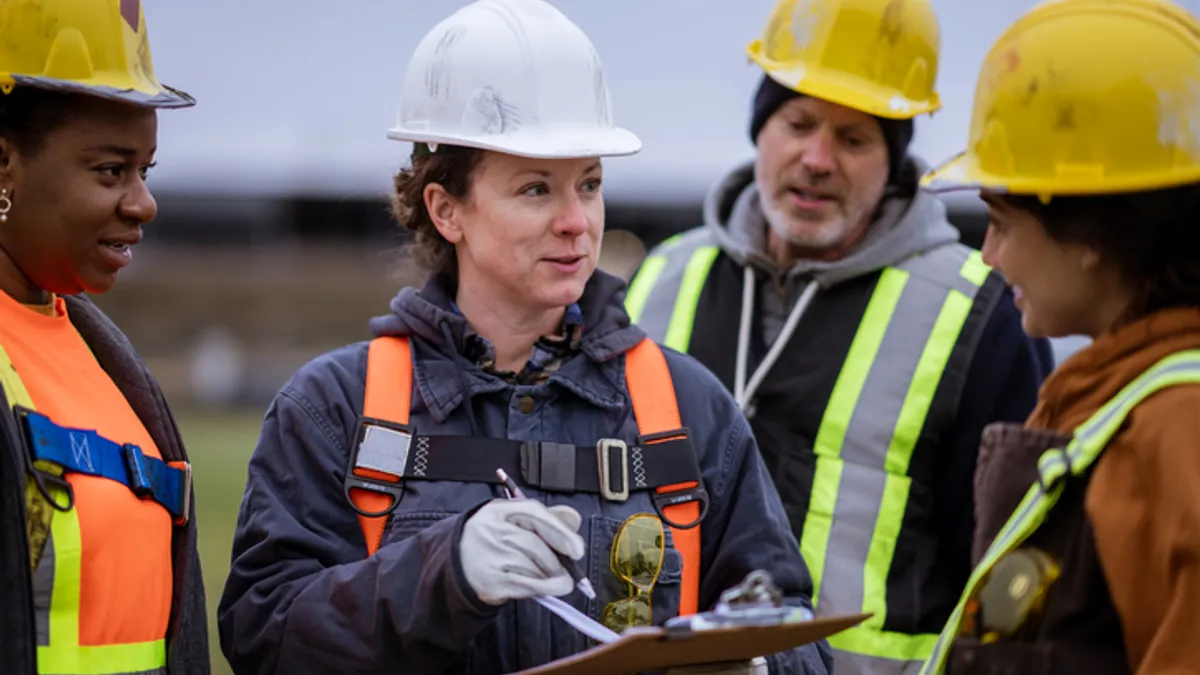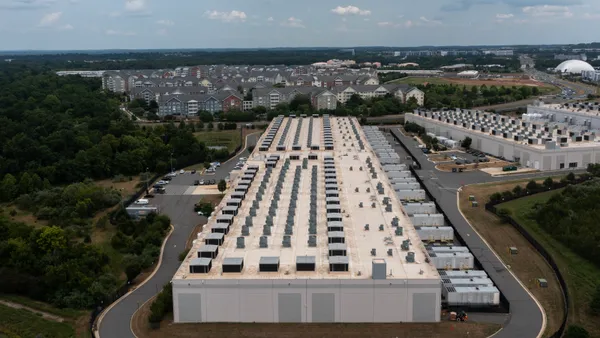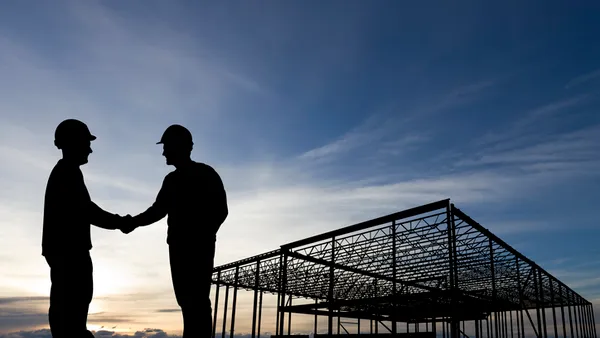Dive Brief:
- A new White House directive forbids contractors and their subcontractors and suppliers from including what it terms as "anti-American" scapegoating and "divisive concepts" in workplace diversity training programs. Companies that violate the "Executive Order on Combating Race and Sex Stereotyping" in their training materials or instructions could be terminated and disqualified from participating in future federal work.
- The order states that divisive concepts include the idea that an individual, "by virtue of his or her race or sex, is inherently racist, sexist, or oppressive, whether consciously or unconsciously" and "should feel discomfort, guilt, anguish, or any other form of psychological distress on account of his or her race or sex."
- However, divisive concepts may be discussed as long as they are not endorsed. In addition, the order does not prevent companies or agencies from "promoting racial, cultural or ethnic diversity or inclusiveness" as long as training programs comply with the order. Agencies have 60 days from the order's Sept. 22 signing by President Donald Trump to include its language in federal contracts, subcontracts and purchase orders.
Dive Insight:
Trump issued the directive at a time when companies around the world, including those in the U.S. construction industry, have increased their focus on gender and race equity. Firms such as Turner Construction Co. have redoubled their efforts since nooses and other racist graffiti and symbols made appearances on several jobsites this summer.
As part of the order, the Department of Labor will establish a hotline to field complaints about violations of these divisive concepts and other equal employment opportunity rules.
In a memorandum earlier this month, the White House directed federal agencies to cease "divisive, anti-American propaganda training sessions" as well.
Sean Reid, president at Ontario, Canada-based construction consultancy Arrowhead Coaching and Facilitation Solutions, told Construction Dive that he hopes the order will not have a chilling effect on the move toward promoting diversity in the North American construction industry.
“Culture change depends on concrete actions from leadership," Reid said, "and diversity training and diversity policies are the kinds of concrete actions that companies can put into place to demonstrate that they're serious about inclusion and that they're serious about attracting the best and brightest talent."
“A much larger ground swell of the industry is getting it now — that in order for us to attract new waves of talent into our industry, we're the ones who have to change,” he said.
Reid compared the importance of a diverse representation to the push for safer working conditions.
“The construction industry is heads and tails safer from a physical standpoint for every worker than it was a generation ago,” he said. “And we did that because of concrete action from the industry to change the way we work."
"We have the opportunity now to do exactly the same thing when it comes to inclusion and diversity in our industry," he added. "Now it's up to the leaders ... to clearly show where they stand on this issue.”













